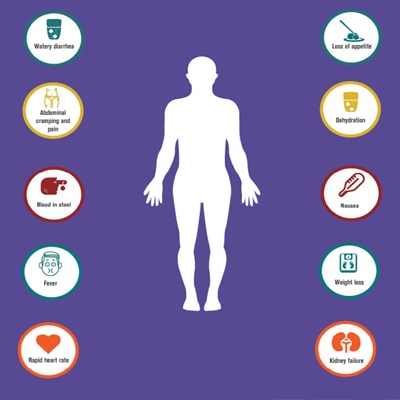
Bacterial Infection(संक्रमण (इन्फेक्शन) A bacterial infection is a proliferation of a harmful strain of bacteria on or inside the body. Bacteria can infect any area of the body. Pneumonia, meningitis, and food poisoning are just a few illnesses that may be caused by harmful bacteria.A bacterial infection is a proliferation of a harmful strain of bacteria on or inside the body. Bacteria can infect any area of the body. Pneumonia, meningitis, and food poisoning are just a few illnesses that may be caused by harmful bacteria. Bacteria come in three basic shapes: rod-shaped (bacilli), spherical (cocci), or helical (spirilla). Bacteria may also be classified as gram-positive or gram-negative. Gram-positive bacteria have a thick cell wall while gram-negative bacteria do not. Gram staining, bacterial culture with antibiotic sensitivity determination, and other tests are used to identify bacterial strains and help determine the appropriate course of treatment.
MBBS, M.D
(PEDIATRICS)
Asstt.Professor,SGRRIM & HS
© 2019 Grace Clinic , Dehradun. All Rights Reserved.
Powered By : WEBCODER